Description
About:
Vanga Vennai is a classical Siddha external application prepared using vanga parpam (tin-based calcined ash), mercury compounds, herbal extracts, and ghee or oil base. It is specially formulated for external use in treating skin diseases, particularly chronic and non-healing ulcers, eczema, psoriasis, and dermatitis. It is known for its antiseptic, anti-inflammatory, and wound-healing properties.
Uses:
-
Applied on eczema, psoriasis, and fungal infections
-
Helps in the treatment of chronic wounds and non-healing ulcers
-
Reduces itching, inflammation, and discoloration
-
Useful for scabies, leprosy-related skin issues, and skin eruptions
-
Provides relief in boils, blisters, and pus-forming infections
Benefits:
-
Speeds up wound healing and promotes healthy skin regeneration
-
Provides anti-microbial action against skin pathogens
-
Soothes irritated skin and prevents secondary infections
-
Easy-to-apply ointment with deep-penetrating action
-
Enhances skin tone in post-infection healing
Different Names in Different Languages:
| Language | Name / Translation |
|---|---|
| Tamil | வங்க வெண்ணை (Vanga Vennai) |
| Sanskrit | वङ्ग वर्ति (Vanga Varti) |
| Hindi | वांगा मलहम (Vanga Malham) |
| Malayalam | വങ്ക വെണ്ണൈ (Vanga Vennai) |
| Telugu | వంగా వెన్నై (Vanga Vennai) |
| English | Vanga Ointment / Vanga Herbal Balm |
Dosage & Administration:
-
Form: Ointment (external application only)
-
How to Use: Apply a thin layer over the affected area 2–3 times daily
-
Duration: As prescribed by a qualified Siddha practitioner
-
Before Use: Clean the area with warm water or recommended decoction
Do not apply on open bleeding wounds or sensitive mucous areas without advice.
Precautions:
-
For external use only – never to be ingested
-
Avoid contact with eyes, mouth, and sensitive areas
-
Do a patch test before first use to rule out allergies
-
Not recommended for pregnant women and infants without medical advice
-
Store in a cool, dry place away from direct sunlight
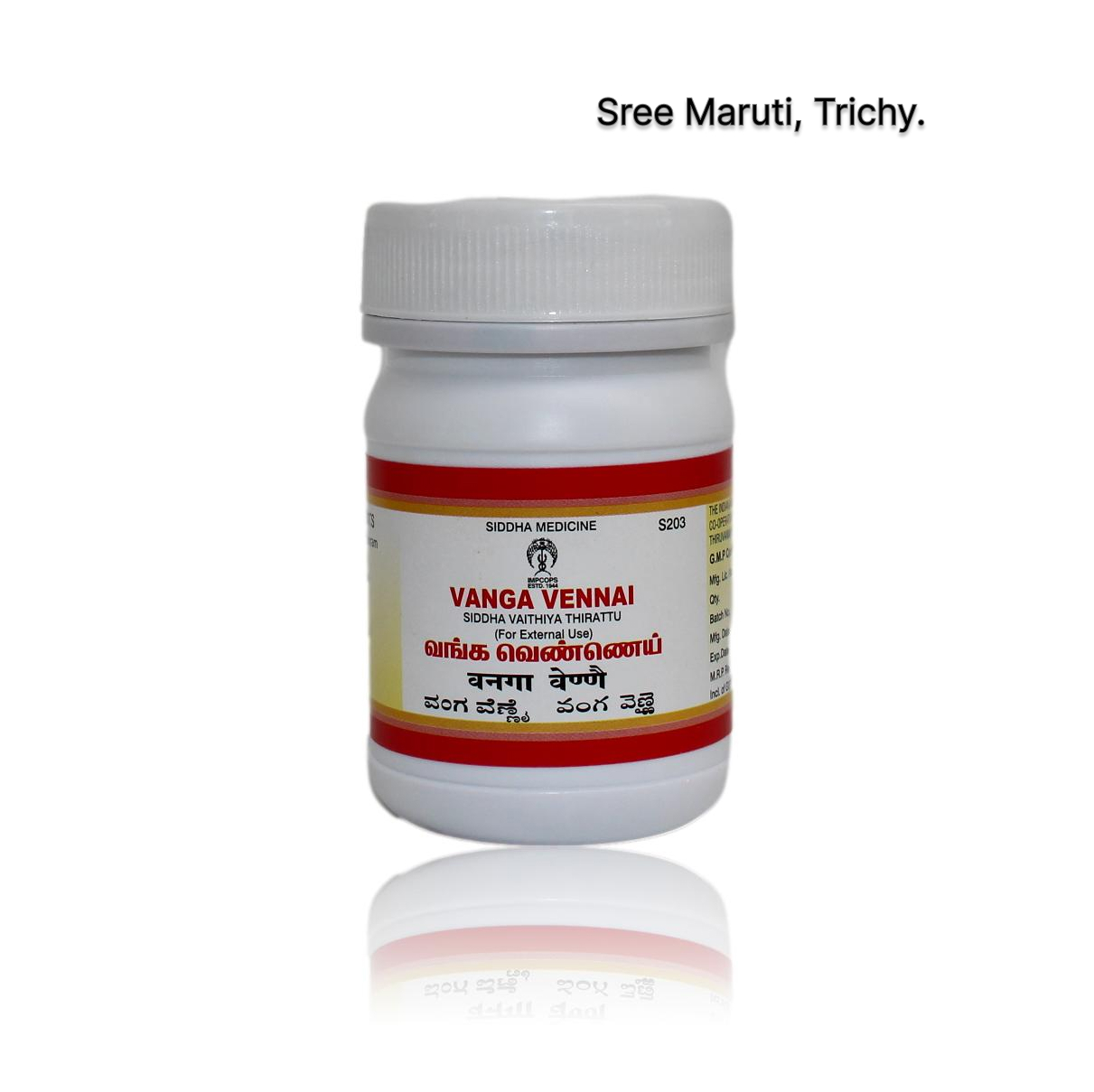


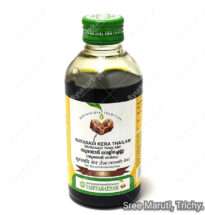
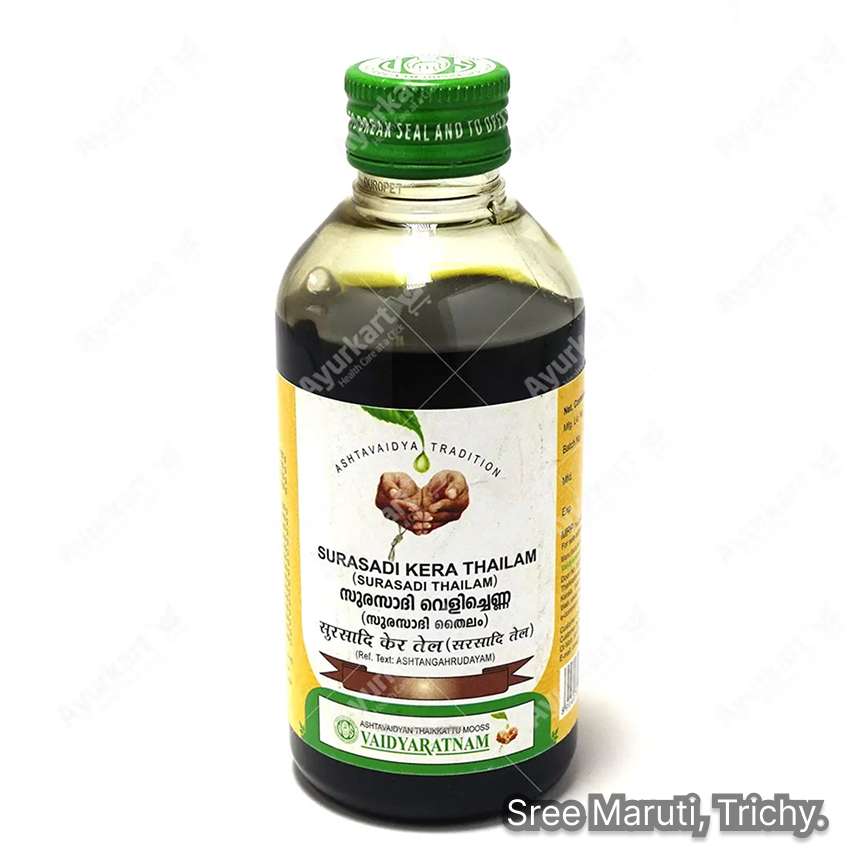
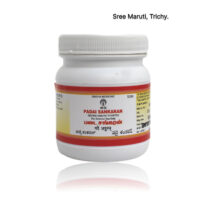
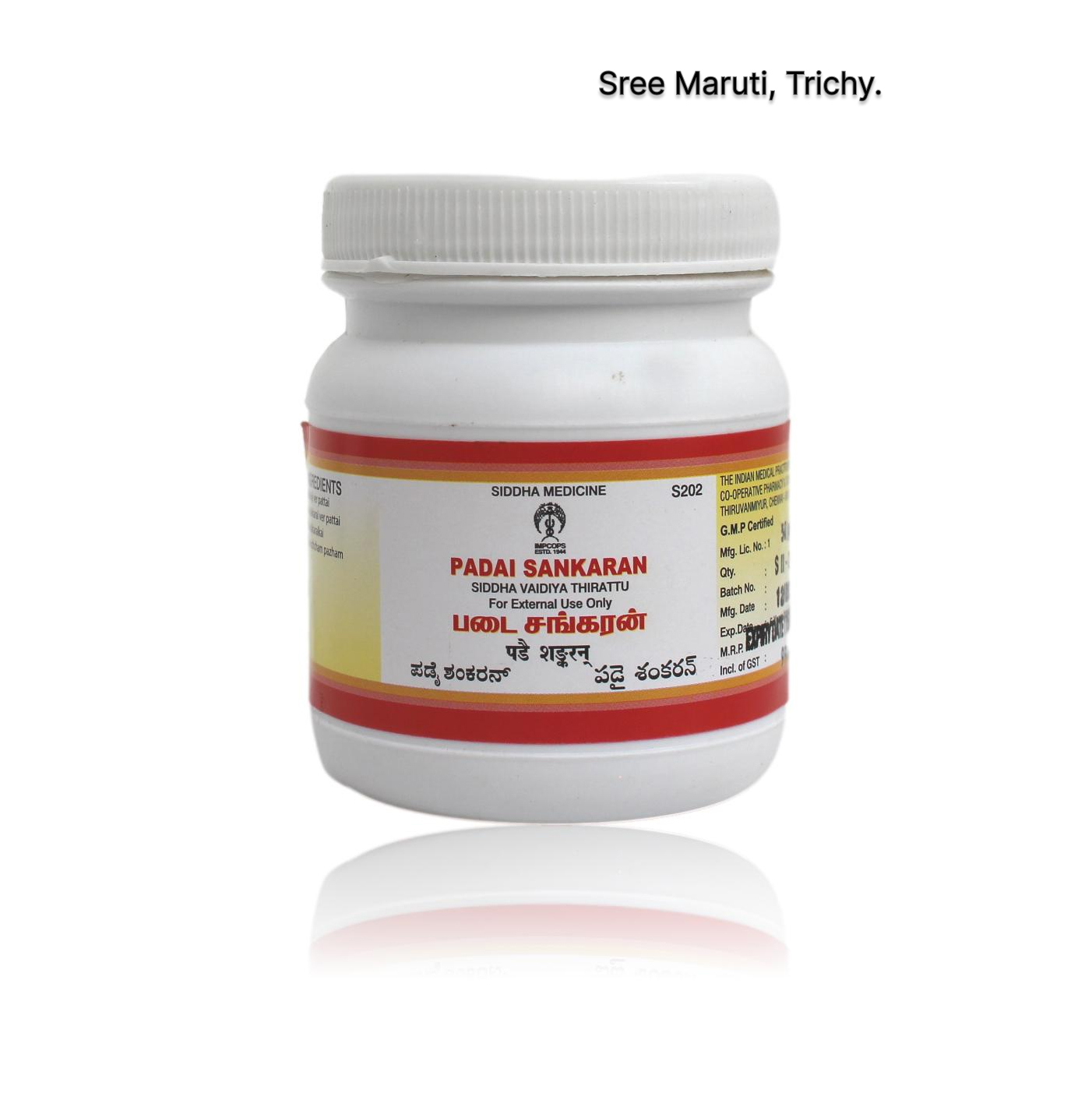

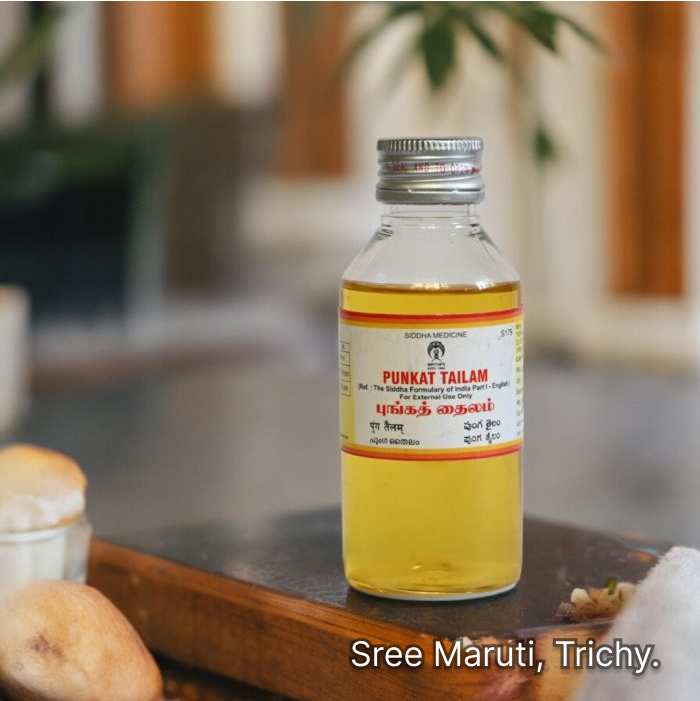
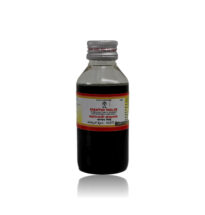
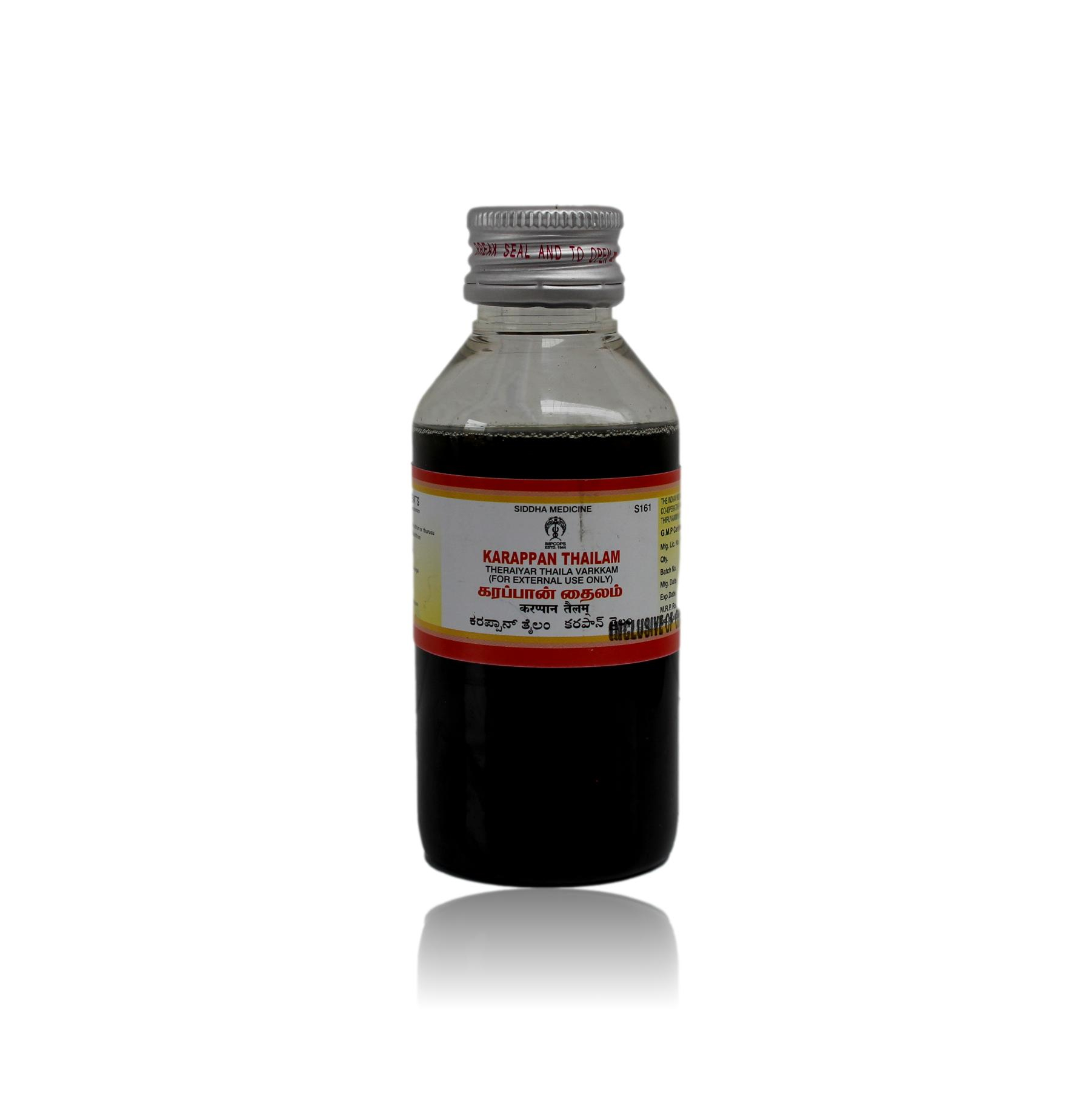
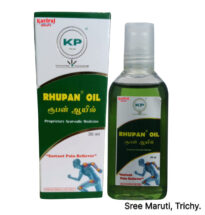
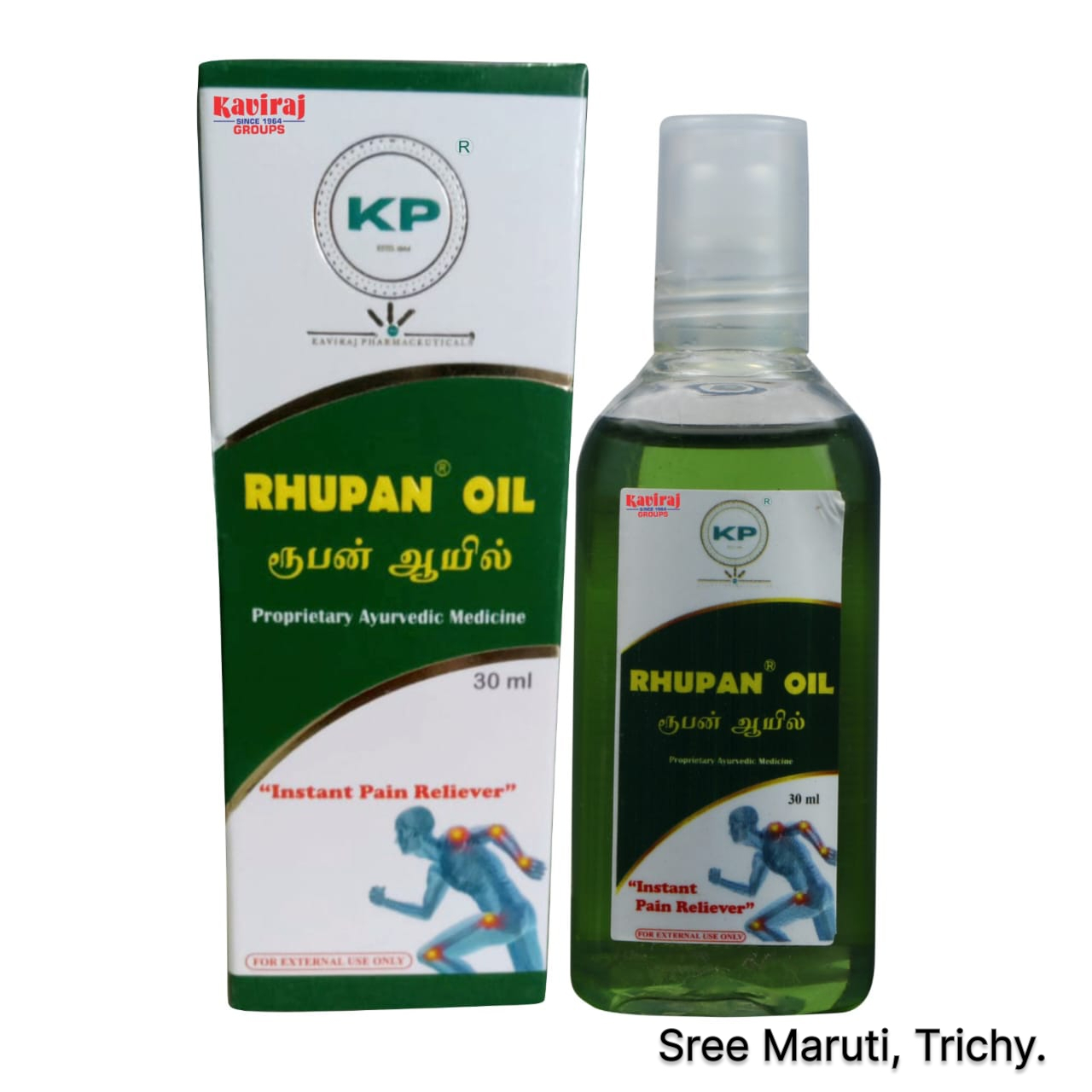
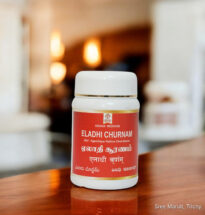
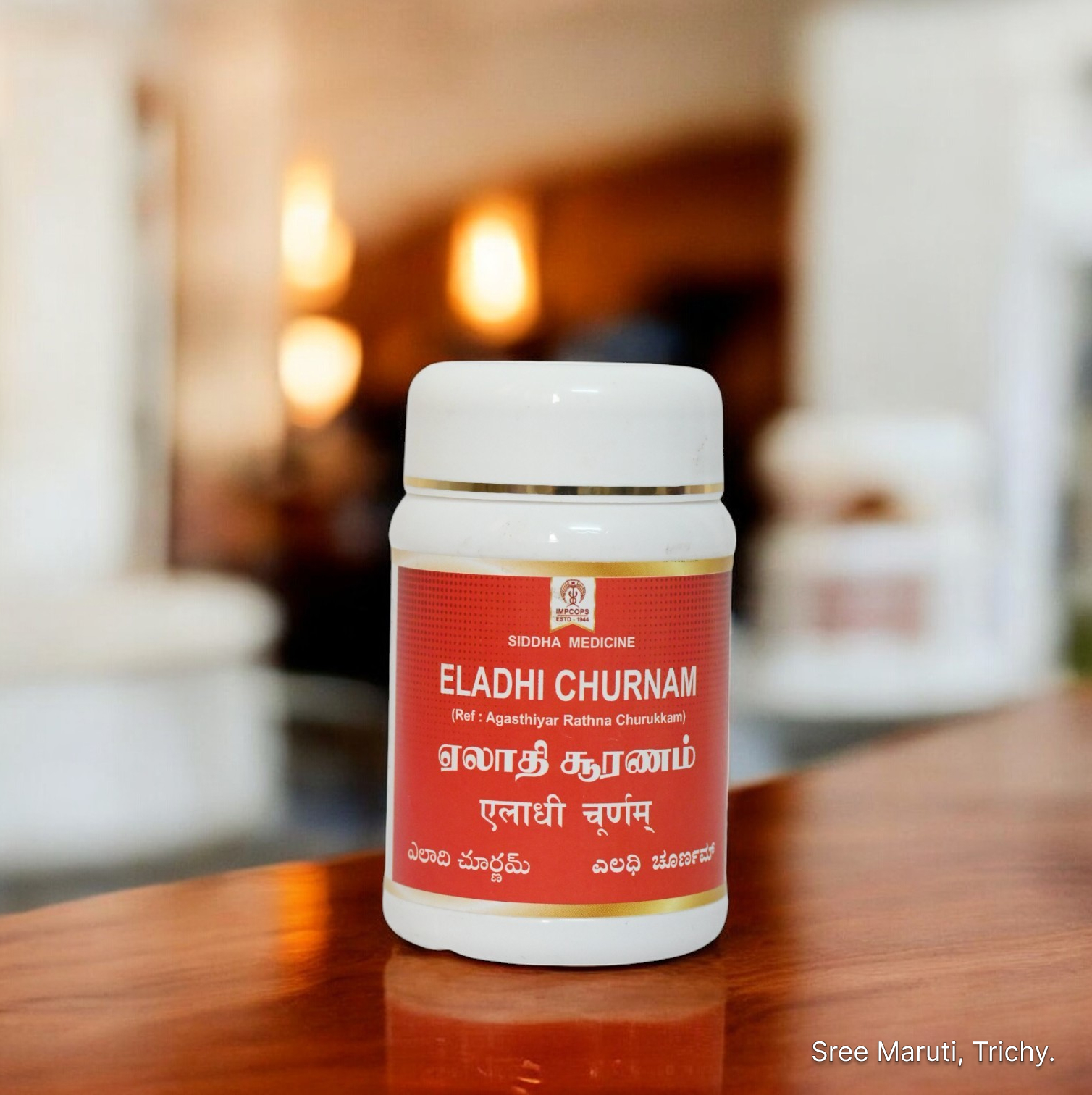
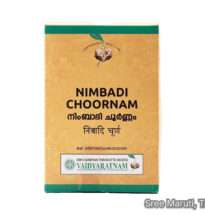
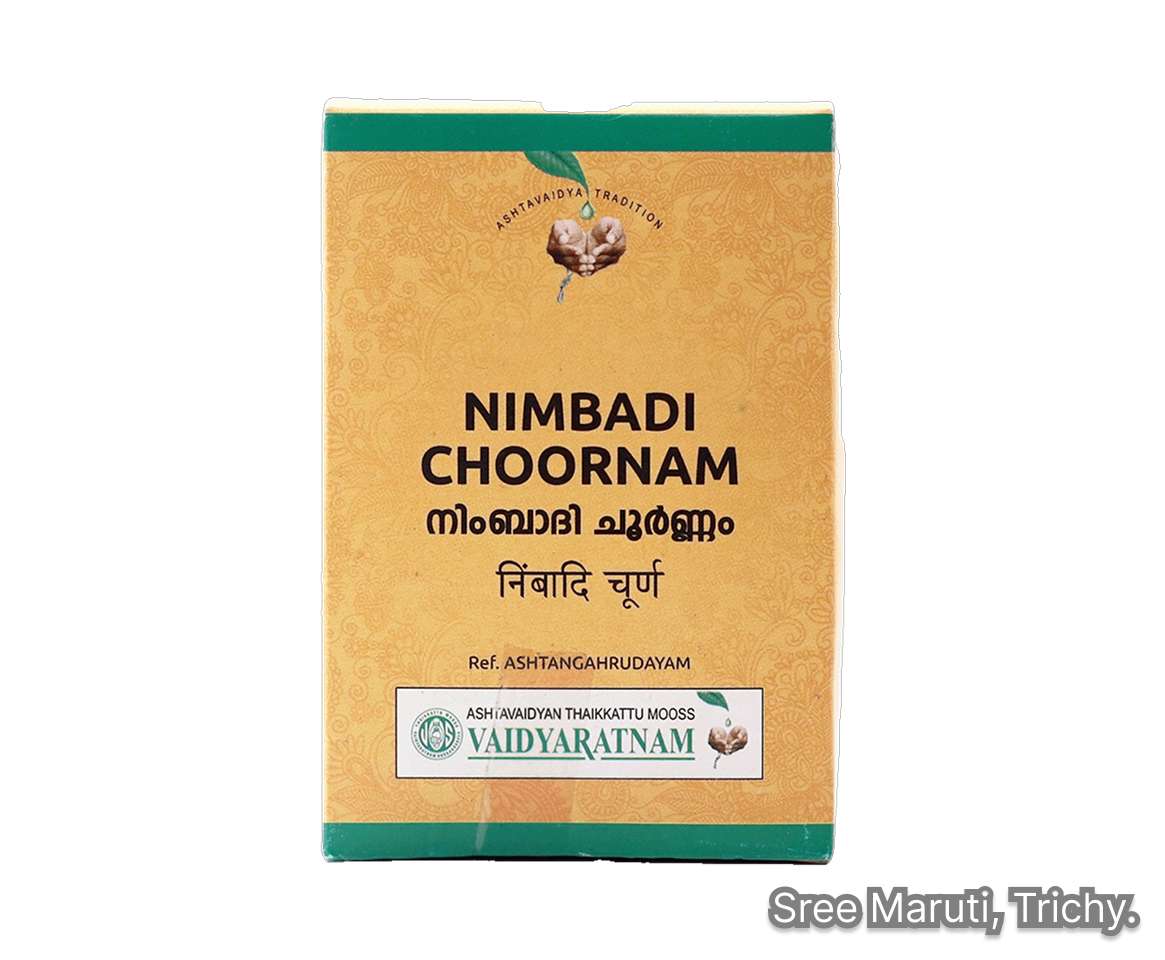
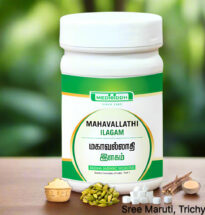
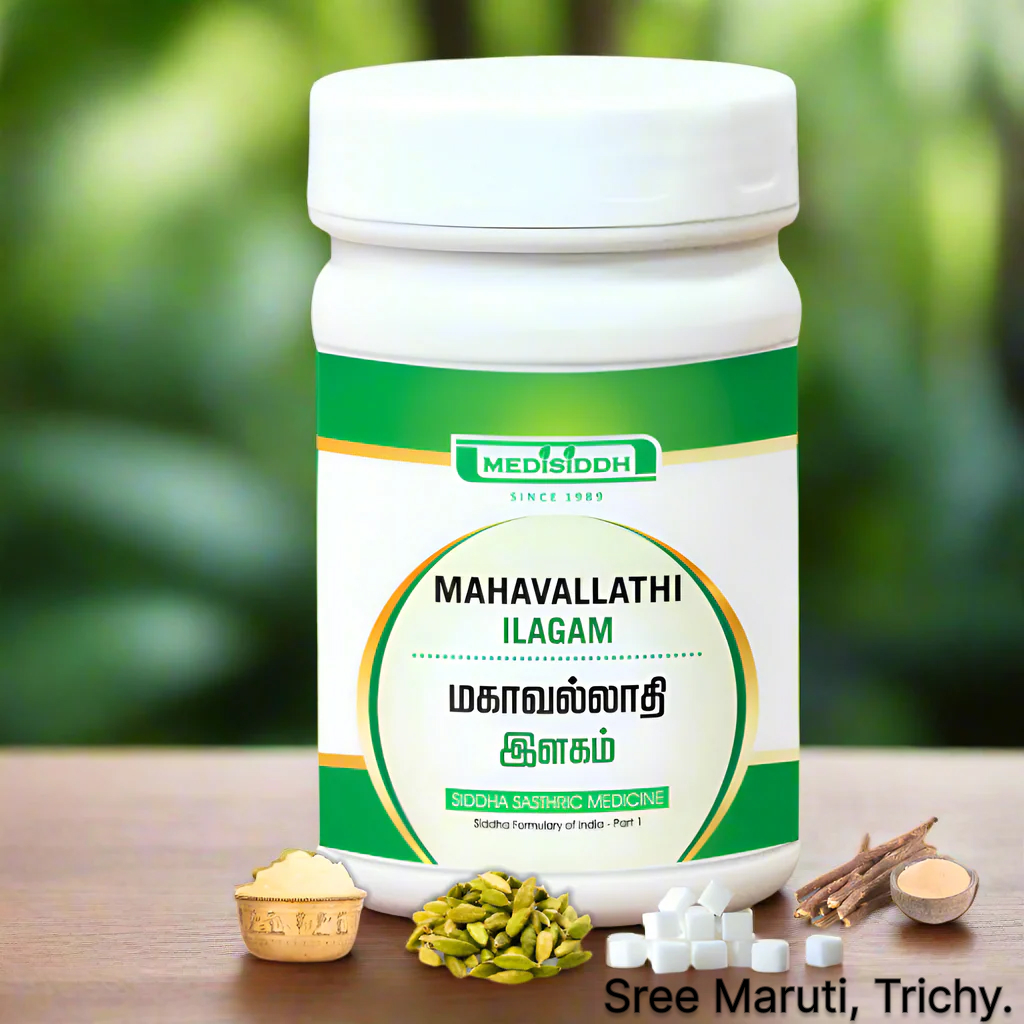
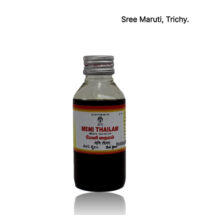
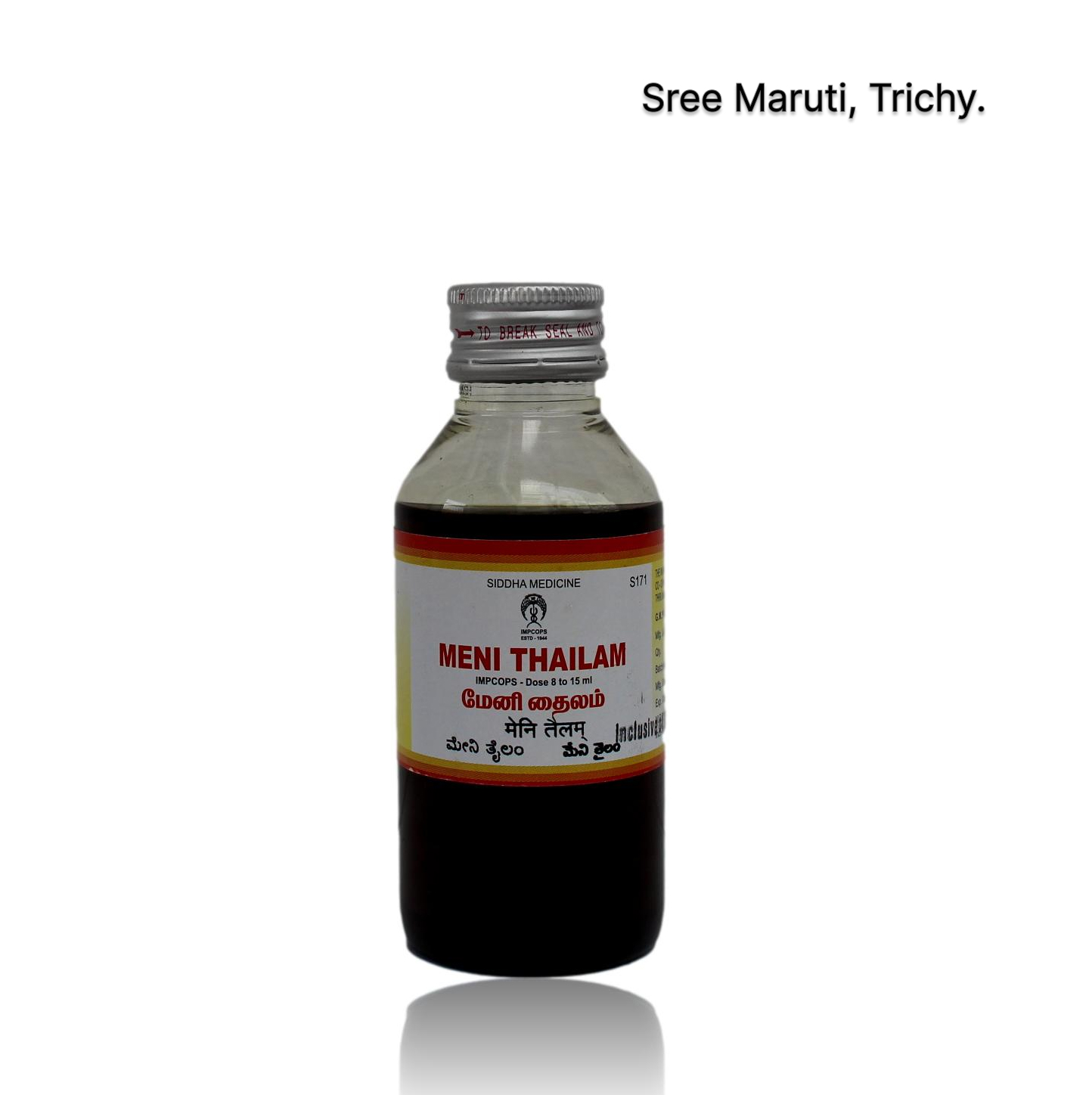




Reviews
There are no reviews yet.